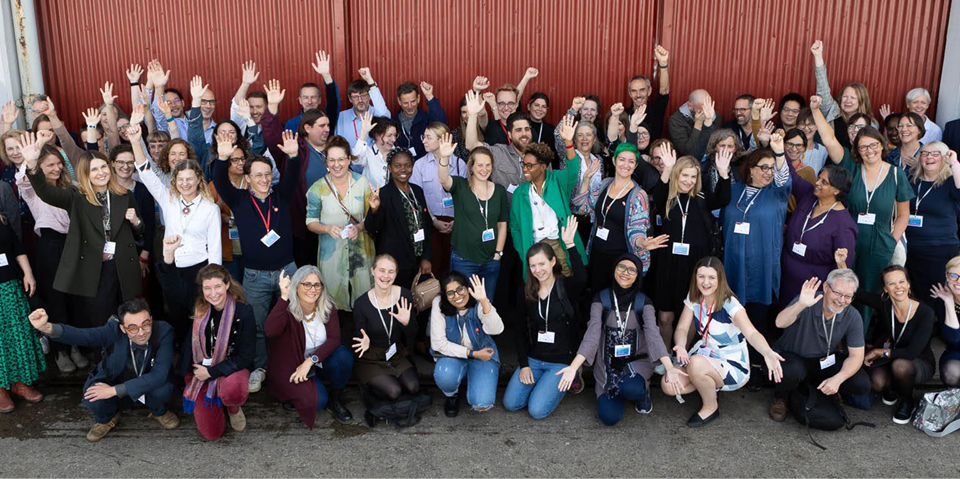
UK HEIs must embrace the REF’s invitation to improve research culture
August 3, 2023This alternative way to measure research impact made judges cry with joy
September 15, 2023The research landscape is changing, yet current research assessment practices have failed to keep up. The way in which research is judged overlooks many of the people who are vital to its success. We must find a way to celebrate non-traditional research outputs, the people, and practices contributing to research, and this is exactly what the Festival of Hidden REF has set out to do. In this latest blog, Steven Hill, Director of Research at Research England, offers their view on the role of the Festival of Hidden REF and the potential to influence the next Research Excellence Framework (REF) in 2028.
Author: Penny Trees (Emerald Publishing) on behalf of Hidden REF Committee
The need to rethink what and who should be recognised and rewarded in the next REF, the UK’s system for assessing the excellence of research in UK higher education providers, has already been acknowledged by those bodies involved in designing the next research assessment exercise. Research England are one of those bodies and as their Director of Research, Steven Hill will be in a unique position to offer further insight on the changes being addressed. In the lead up to the Festival of Hidden REF, Steven has offered just some of his thoughts on what more needs to be done.
In terms of the actions UK Higher Education Institutions (HEIs) can take to help shape a more diverse and representative set of submissions throughout the next REF cycle, Steven believes choosing which research outputs to focus on should be a key part of research and impact strategy at all levels, from HEI strategy to individuals’ choices. The key question ought to be, “What should I do to best advance knowledge and/or lead to societal impact?”. Steven believes in the need for incentive structures to be aligned with this, so incentives reward the best outcomes, and not necessarily focus on specific output types that are perceived to be more prestigious. The next REF is committed to doing what it can in this direction, says Steven, but HEIs should also be looking at their internal incentives, such as hiring and promotion practices, to encourage alignment.
When discussing the main barriers to HEIs submitting more non-traditional outputs, Steven puts this down to a lack of confidence that non-traditional outputs will be assessed fairly by REF assessment panels. “I don’t think it is the case that panel members have a hierarchy of outputs. They make their very best efforts to evaluate everything they receive fairly. But there are real challenges and barriers that we need to address.”
A challenge noted by Steven is making sure non-traditional outputs can present and give some context to the significance and importance of the research. For example, it is not necessarily obvious from a dataset why it is important. Steven suggests making better use of accompanying statements alongside non-traditional outputs as one solution to investigate.
A second challenge, in Steven’s view, is that the impacts and benefits of non-traditional outputs will often be about the extension of knowledge more broadly than just through the research of those that create the tools. For example, software tools can often contribute to a diverse array of research beyond the researchers who created the tool. “This has been addressed in REF 2028 by having a space for showcasing these broader impacts.” says Steven.
Next steps
Steven Hill is one three guest speakers invited to add their expert views and knowledge to the discussions at the Festival of Hidden REF, taking place on 21 September in Bristol, UK. The festival will bring together a community that is fighting for a more effective and fairer system of evaluating success in research. Those attending will collectively contribute to a whitepaper document that will include all ideas and insights gathered from the festival, with the aim of shaping the next Hidden REF 2024, and REF 2028.
For more information, visit hidden-ref.org




